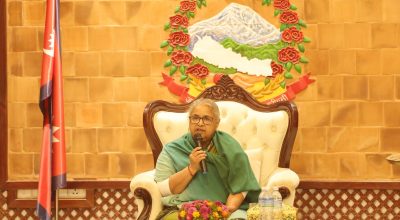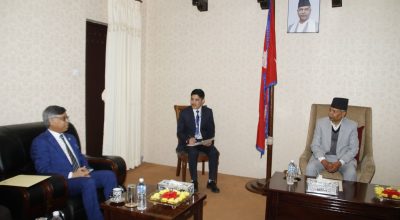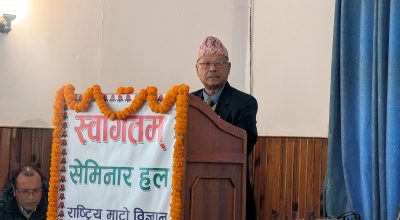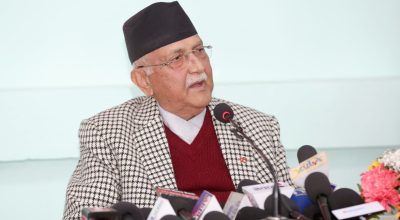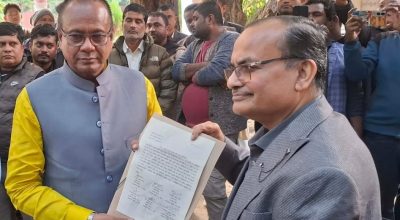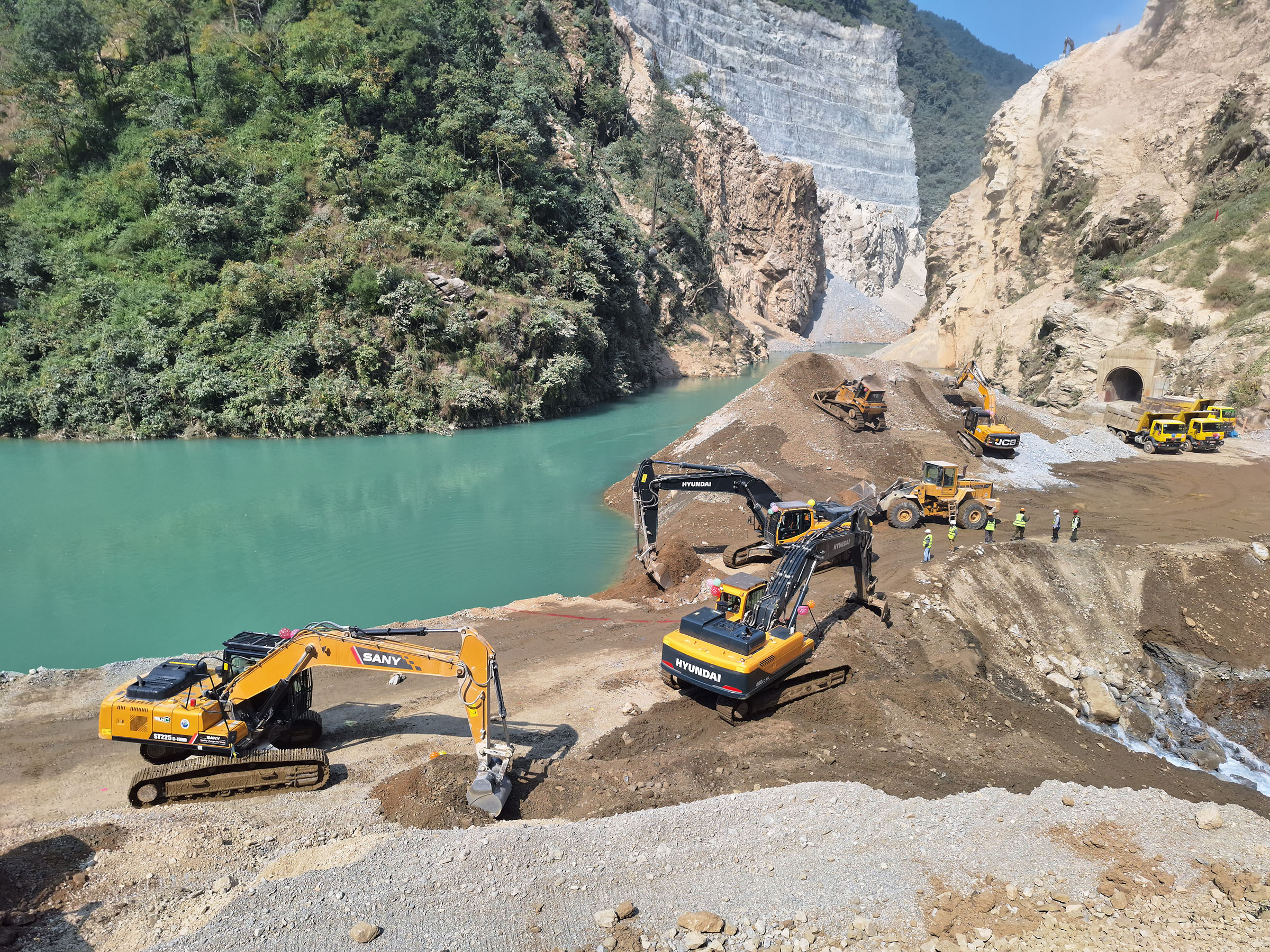
Narayan Prasad Ghimire
Kathmandu, Jan 13: Experts on diplomacy, hydro engineering, environment and politics have underscored a need of effective hydro diplomacy for robust water governance.
They argued hydro governance requires attention and engagement from multi-sectors. Broader consensus among multi-stakeholders with credible information and relevant expertise help in shaping effective hydro policy and laws that are beneficial to any country, they suggested.
It was stressed during a webinar addressed by the South Asian experts on Thursday.
In the webinar on ‘Hydro diplomacy: Pathways to enhance water cooperation’ organized jointly by Nepal Water Conservation Foundation (NWCF), Global Water Partnership South Asia, and Women for Water Partnership, former Chairman of the Foundation and hydro expert, Dipak Gyawali, viewed, “Water is a trans-border issue. So, it warrants all sides’ debates. Conventional and siloed agencies are slow off the mark in understanding and managing water issues at present time.”
He made a presentation on ‘cultural theory of hydro diplomacy’ in the event and expressed worry over absence of water issues in the exchanges of bilateral visits and meetings.
According to him, climate change is affecting each type of water very differently. Water community must know it well, Gyawali suggested, categorizing water types in seven colours.
Different colour waters have varied impact in different communities. The former minister worried that though COP27 had accepted climate problem as a water problem, the recent COP28 failed to explore further on it.
“Poor hydro governance is detrimental to Nepal’s security and economy,” he warned. Similarly, former foreign secretary and permanent representative of Nepal to the UN, Madhu Raman Acharya, reminded that diplomacy is regarded as an art of making impossible possible.
So, even the hydro experts and negotiators have role to dispel the fear of security and geopolitics and to convince policy and law makers on value of water negotiation and governance.
“Water issues are not only entangled to climate change but also to culture, trade and security. Water issues are complex and warrants all side cooperation,” said climate change specialist from Pakistan, Ali Tauqeer Sheikh.
Another panelist Ambika Vishwanath, Director of Kubernein Initiative of India, said cross-border information flow could save lives during disasters and emergency.
She suggested that Nepal and India could save lives especially at border by adopting a mechanism to share disaster information.
Moreover, environmental specialist from Bangladesh, Bushra Nishat, also said information and data sharing are key to water management and governance.
Misinformation creates distrust. She suggested exchange visits of students to know better on disasters and water problems among the countries and building a shared model to minimize damages.
Moderating the event, climate resilience and water security specialist for Australia’s Department of Foreign Affairs and Trade (DFAT), John Dore, viewed cooperation among water experts in the region is equally important to sort out problems.
President of the Women for Water Partnership (WfWP), Mariet Verhoef-Cohen, stressed on highlighting women’s role on water management. Also speaking on the occasion, regional Chairperson of Global Water Partnership, South Asia, Kusum Athukorala, pointed out the need of identifying the people and community who are at the receiving end of water crisis.
It should be linked to security issues, according to her. Chairman of the NWCF and meteorologist, Dr Ngamindra Dahal seconded Gyawali, viewing, “In absence of effective water diplomacy, we lag behind and get deprived of water benefits.”
He viewed time has come to foster multi-sectoral debates on water governance, thereby making aware law and policy makers on this pressing issue.
“Haphazard decisions and law and policy making relating to water will lead to economic and environmental backsliding,” Dahal warned.
Chairman Dahal also informed that the Foundation would continue such discussions to augment information and knowledge on multifarious issues of hydro governance. #Nepal





